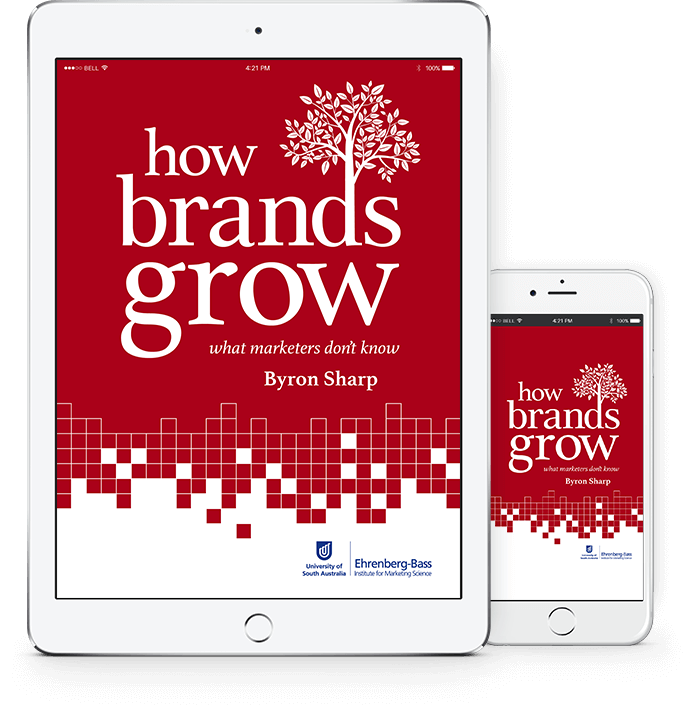Why music really did sound better in your day (and sucks now)
Some brave South Aussie identities have revealed their top Spotify tracks for 2022, as a new study reveals why music definitely sounded better back in your day.
If your child thinks they are the only one who has lucked out with a non-cool parent when it comes to taste in music, they’ve got it all wrong.
New research shows that while a person’s ethnicity, social class and personality type can distinguish individual music tastes, it’s age – and nostalgia – that has the biggest influence.
Adelaide-based senior marketing scientist Bill Page says a study of more than 1000 people, aged between 18 and 84, that involved them listening to and rating snippets of popular songs dating back to 1950 has exposed some interesting findings.
“Everyone has the same tendency to stop liking new music – it is natural human behaviour,” Dr Page, who is from the world’s largest institute for research into marketing, the Ehrenberg-Bass Institute within UniSA, said.
“What this study shows is, it is not your parents who are being specifically awful in not liking your music but that we are all awful in our own ways … it is almost like we have a critical period for liking new music, or discovering new music.
“(This) peaks around the end of childhood and declines after that … the music that came out and you were listening to aged between 17 and 20 remains the stuff you like the most – music that comes out after you turn about 35, you like less and less.”
So, whether you are 30 or 70, it’s the song from your 20s that will likely remain top of your playlist into your 90s.
To conduct the research participants were provided 30-second snippets of “Top 10” songs that spanned almost seven decades, heard in random order.
Songs included Play a Simple Melody (Bing and Gary Crosby, 1950), I Get Around (Beach Boys, 1964), Crazy Little Thing Called Love (Queen, 1980), Footloose (Kenny Loggins, 1984) Sweet Child O’ Mine (Guns N’ Roses, 1988) Vogue (Madonna, 1990), Under the Bridge (Red Hot Chili Peppers, 1992) Say My Name (Destiny’s Child, 2000), Sexy Back (Justin Timberlake, 2006) and Work (Rihanna, 2016).
Read the full article in Adelaide Now.





